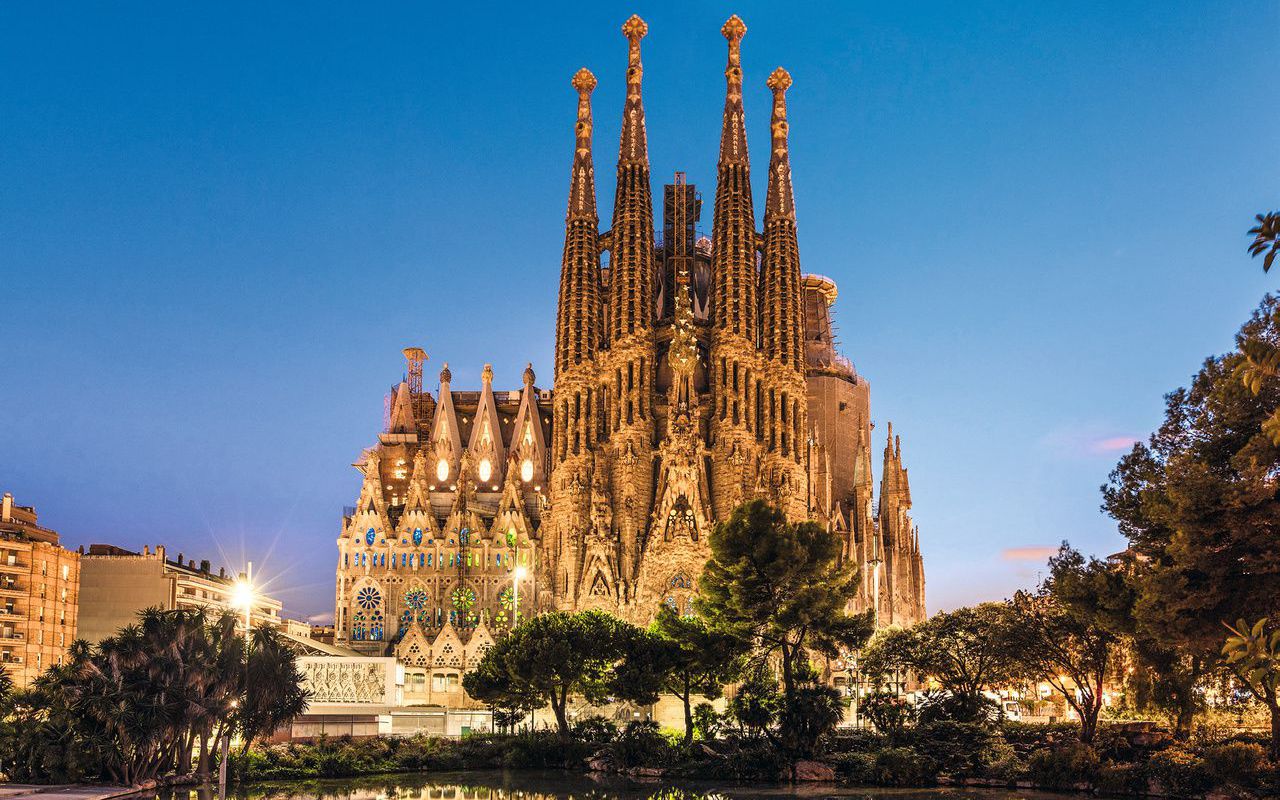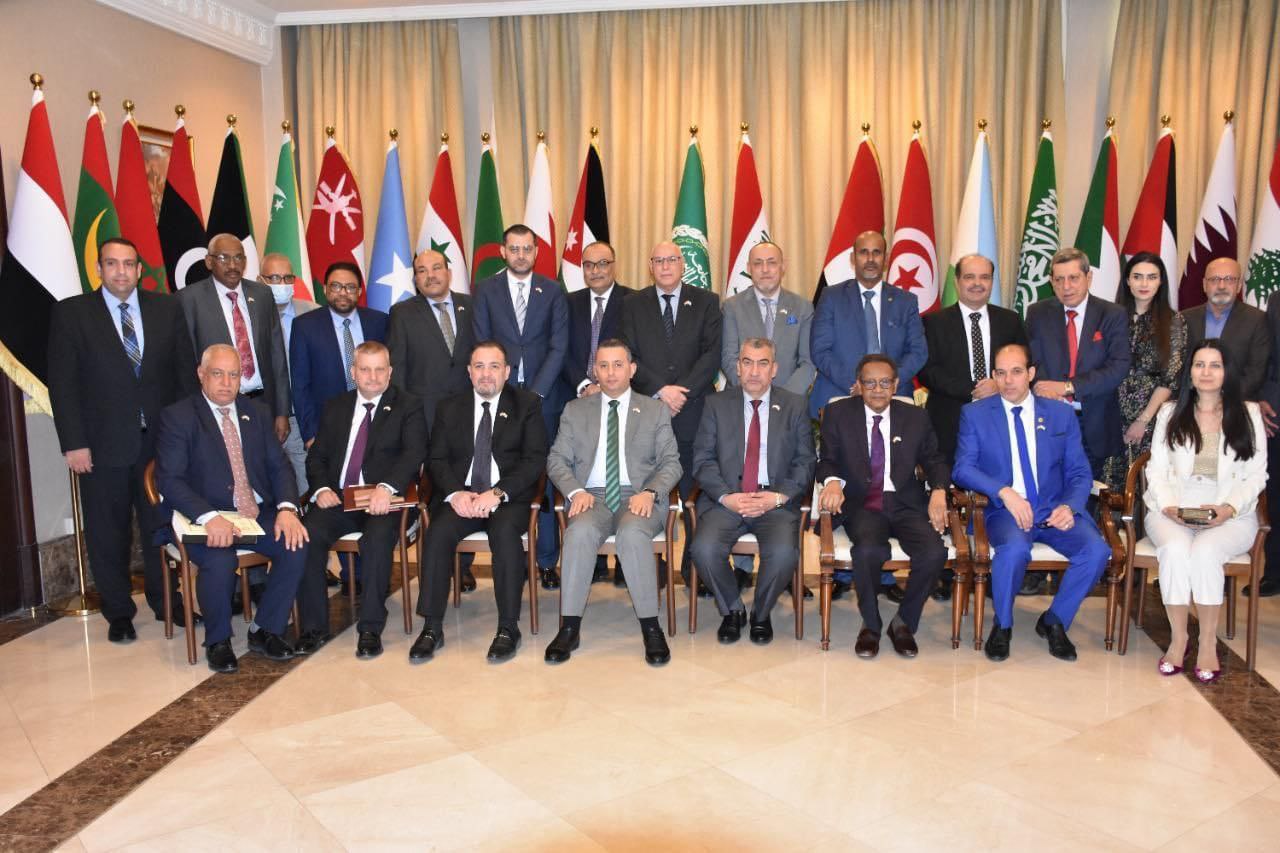The Muslim Spain
The presence of Islam in a country that is no longer Muslim remains stronger in Spain than in any other European state.
Spain, a country where monotheistic religions flourished and coexisted, holds the imprint of Islam even after the departure of its Arab rulers. The eight centuries of Muslim rule in this country suffice to demonstrate the profound impact of this religion on the memory of subsequent generations, their tastes, the names of their prominent figures, the character of their urbanisation and their popular folklore and imagination. Perhaps Spain's geographical nature, moderate climate, fertile land, and abundant water made it a destination for invaders of various origins throughout the ages. From the Romans to the Germans and from the Gauls (French) to the Arab Muslims, Spain has attracted diverse conquerors. Even the Spaniards have a saying: "There is nothing purely Spanish in Spain!" This has made the Iberian Peninsula (present-day Spain and Portugal) different from the rest of Europe, with its present rejection of the capitalist aspect dominating commercial activities across Europe. Its past is marked by mystery and ambiguity, containing many problematic elements even for the Spaniards. The Islamic entry into Spain marked a significant turning point in this country's cultural, social, and religious life, which was relatively distant from the lands of Muslims. With the fall of the first century of the Islamic calendar in 711 AD, Muslims entered the Iberian Peninsula, which was then under Gothic (Visigothic) occupation. The Goths were barbarian tribes from Western Europe who invaded Spain, making Toledo their capital. These savage tribes oppressed the people of Spain and its original inhabitants, committing widespread injustice and prompting them to seek help from Muslims across the Mediterranean. They had established neighbourly relations, trade, and intermarriage with them, which prompted Muslims to respond to this call, driven by Islam's call to support the oppressed and alleviate injustice from them. The Spaniards welcomed the Muslim armies as liberators, and many joined these armies to fight the Goths. Some worked as mediators and assistants to the army led by the Muslim commander (Musa (son) of Nusair), who conquered all of Spain in a record time of just three years. While the barbaric Gothic tribes brought nothing but ruin, destruction, and killing to the inhabitants of the Iberian Peninsula, the religious and political legacy carried by the Muslim Arabs was sufficient to rally people around them and establish Islamic lands with prosperity and civilization on the borders of Europe, known as Al-Andalus. Muslims alone were the bearers of the most sophisticated intellectual civilization then. However, the fear instilled in the hearts of Europe by this new arrival (Islam) prompted people close to Spain, especially the French and the Germans, to reassess their accounts, forget their differences, and attempt to revive Christianity as a religion capable of confronting this new religion. Here, Muslims found themselves in a prolonged confrontation that lasted for centuries, diminishing, as a result, their ability to undertake the mission of spreading Islam to other regions that were not under their control within the Iberian Peninsula. After the Muslims were defeated and their political power faded in approximately 1492, hundreds of thousands of individuals in Spain remained adherents of the Islamic faith. They included original Spaniards and Arab Muslims who became subjects of King Philip, who preferred to keep them for their usefulness in service, construction, education, translation, warfare, and other matters. These Muslims, who preserved their Islamic customs and traditions, were referred to as Moors or Moriscos, and they had a noticeable influence in Spain from then until today. In present-day Spain, thousands of Arabic words and expressions are still in use, and Spanish literature drew inspiration from Arabic sources, as evident in "Rules of Priesthood," which consisted of moral and religious tales with (Morisco-Arabic) origins that emerged in the sixteenth century.
Additionally, the rules of Sufism and asceticism formulated by the Spanish priest San Juan de la Cruz cannot be understood apart from their Morisco influences, as Sufism and asceticism were ethical and religious behaviours practised by the Castilian Arabs. Despite the defeat of Muslims in Spain, their enemies, the Spaniards, acknowledged their superiority in many fields, notably in the intellectual domain and the comprehensive understanding of possible natural sciences. From Spain, the first Arabic rational and philosophical books left behind by Muslims were translated and then transmitted to Europe. When these enemies entered the city of Seville, whose Islamic buildings still stand to this day, the victorious northern Spanish soldiers could not hide their admiration for the greatness of the city they entered. They lacked urbanism, palaces, and buildings of such splendour and grandeur, and with all this economic and civil prosperity implied by these Islamic buildings, which are marked by their majestic and awe-inspiring nature, they were surrounded by forests of roses and flowers. Among the remaining Muslim residents in Spain, known as the Moors, most of them departed due to physical elimination for refusing to convert from Islam to another religion, while some others concealed their Islam, pretending to convert to Christianity. Meanwhile, others under the threat of weapons who remained alive contributed to the construction of many buildings and royal palaces that still stand as evidence of the greatness of the Islamic civilization that it exhibited until our day. As for the Spanish Muslims who were expelled from Spain, they caused much uproar and wide protests against King Philip III at the time, due to the negative impact of their forced deportation on agricultural, economic, and commercial life. According to Spanish sources, the land became barren after their departure, fruit fields were neglected and withered, and the textile and construction industries dwindled, losing their ancient Arab-Islamic splendour.
(Nasser Al-Khozai)




